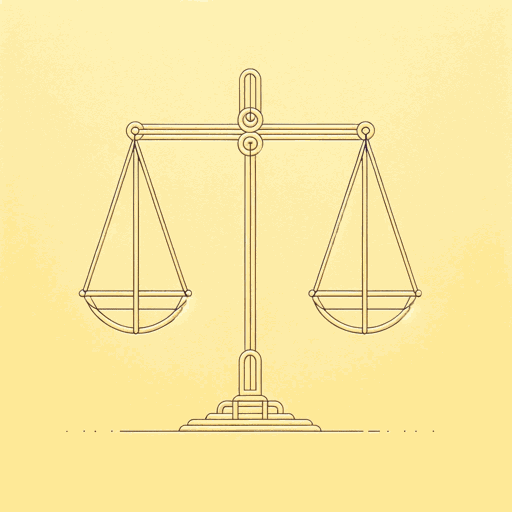49 pages • 1 hour read
Alasdair MacIntyreAfter Virtue: A Study in Moral Theory
Nonfiction | Book | Adult | Published in 1981A modern alternative to SparkNotes and CliffsNotes, SuperSummary offers high-quality Study Guides with detailed chapter summaries and analysis of major themes, characters, and more.
Summary and Study Guide
Overview
An influential work of moral philosophy, After Virtue (1981) by the Scottish-born philosopher Alasdair MacIntyre takes a bleak view of the state of modern moral dialogue, viewing it as suffering from a lack of rational thought and an inability to resolve disagreements. By looking at older forms of moral discourse, such as Aristotle’s moral framework, and comparing them to the modern version, he generally finds the modern moral framework to be lacking and suggests fixes that could give society a better moral grounding.
Exploring themes of what it means to be truly moral, how morality affects society, and what happens to a society when morality becomes a secondary concern, After Virtue is considered one of the most important texts in the modern field of ethics. Reissued in two expanded editions in 1984 and 2007, it has been praised and analyzed by ethicists and philosophers and is studied widely in philosophy classes.
This guide uses the second edition of After Virtue, published by University of Notre Dame Press in 1984.
Summary
After Virtue begins with an allegory that asks a hypothetical question: In a world where all sciences have been dismantled by catastrophe and society has been left to reassemble them, what would they look like if reassembled from the remnants of knowledge that survived? MacIntyre argues that while they would be superficially similar, they would be devoid of real scientific content due to the absence of key suppositions and attitudes. He uses this to illustrate his argument that we are in a similar state when it comes to morality. The institutions of morality established in earlier eras have been dismantled, and we are simply performing a mimicry of them.
MacIntyre traces this pattern back to the Enlightenment. He argues that the morality built out of this movement was doomed due to the centuries before having dismantled earlier progress. He traces the Enlightenment’s specific failure to its abandonment of Aristotelianism, and in particular the concept of teleology (defined by Aristotle as a reason or explanation for something in the function of its purpose). Ancient ethics relied on the idea that human life had a proper end or character, but Renaissance science largely rejected this concept, concentrating instead on defining the processes of nature. This shift left ethics, as a body of knowledge, devoid of its central concept, reduced to a vocabulary list (e.g., the various virtues and vices) with no context, dooming those philosophers to irrelevance.
MacIntyre illustrates his point by looking at other cultures that underwent similar transitions, including the Polynesian people. When King Kamehameha II eliminated the taboos of the culture to modernize society, he met little resistance. However, the elimination of key cultural artifacts led their society to embrace modern culture to such an extent that much of the society’s individuality was erased, priming it for takeover by colonial forces.
MacIntyre also attributes the failings of the Enlightenment to the ascribing of moral agency to the individual alone. This made ethics little more than one person’s opinion, and thus it devolved into a series of subjective principles. He places much of the blame for the current state of morality on two 19th-century figures: Friedrich Nietzsche and Karl Marx. MacIntyre explores Nietzsche’s particular idea of the death of morality, and that a person’s goal should be to create one’s own laws and virtues to benefit oneself. Marx, meanwhile, is the figure that most directly influenced MacIntyre’s perspective, as he looks at his interpretation of capitalism and views it as oversimplified. By attacking capitalism, MacIntyre argues, Marx excuses humanity’s culpability for the corruption of economics and dodges the uncomfortable questions of humanity’s moral failings.
MacIntyre’s goal is to find an alternative to Nietzsche’s philosophy. His conclusion is that classic Aristotelian thought is the key to saving humanity. He points out the key differences between Aristotle’s worldview and that of the Enlightenment philosophers. These include Aristotle’s assumption that man’s current state is distinct from the way he should be, his claim that rules are based on universal virtues derived from humanity’s purpose on earth, and his assertion that virtue and morality are key parts of society, and therefore, there must be a collective morality apart from an individual one.
The book ends by posing the question, “Nietzsche or Aristotle?,” although MacIntyre acknowledges that he can only make his own personal case for Aristotle’s philosophy. The final passage repeats MacIntyre’s opening concept, which is that to comprehend who we are and where we are going, we must understand where we come from. If we fail to do this, society will be on the path to “barbarism and darkness” (263).

